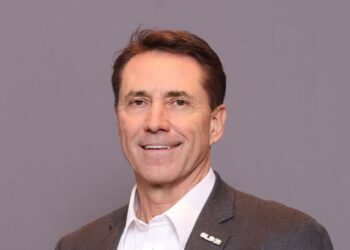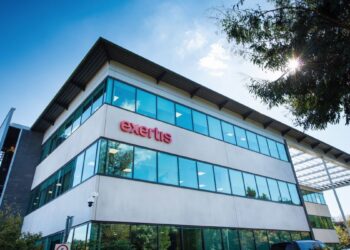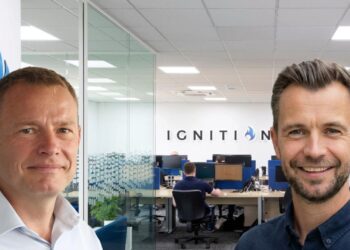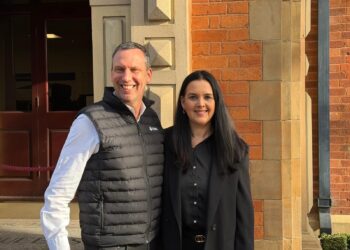The impending retirement of some male industry leaders onto the “IT golf courses of Portugal” could spark a DEI breakthrough, TD Synnex’s UK&I VP Dave Watts predicted in an IT Channel Oxygen big interview.
Globally the largest IT distributor, TD Synnex ranked second in IT Channel Oxygen’s recent Must-Know UK Distributors 2024, with gross sales of £2.7bn.
In the interview, Watts opened up on his big bets for 2025, how he views AWS Marketplace following its characterisation by Canalys as one of the world’s largest distributors, and the impending sale of rival Exertis.
“Men of my generation may not be part of the solution”
But Watts was also eager to discuss one of his “pet topics” in the wake of the widely reported industry D&I rowback of 2024.
Despite suggestions in some quarters that the IT channel may have “over-rotated” on DEI, Watts said the issue is more that “the pendulum has not swung much at all” (see the latest channel pay gap data here).
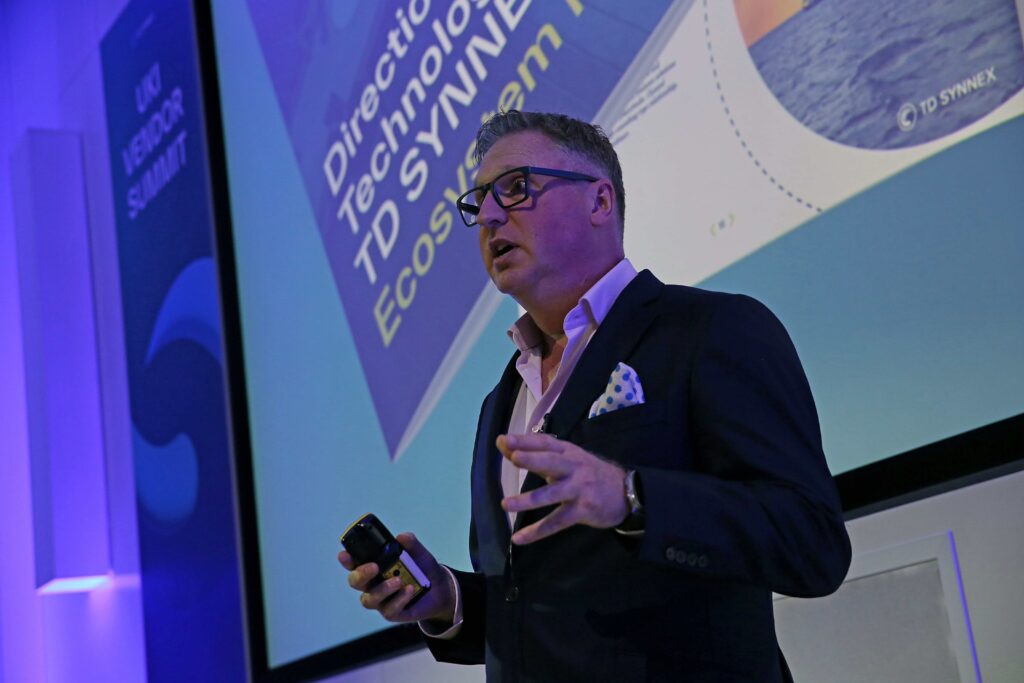
“There may just be this guiding influence of men of my generation – I’m 54 – who are not part of the solution, and who are not pushing their people to really be part of the solution,” Watts said.
“As we fade away onto the IT golf courses of Portugal, I imagine things will suddenly free up. Not just the roles – but the attitudes and the lack of the black cloud hanging over them, saying ‘we haven’t got time for this stuff’.
“I honestly think this will be the breakthrough.”
“Are investors interested in distribution? 100% yeah”
Watts also opened up on the wave of ownership changes promising to redraw the UK IT distribution skyline.
Exertis IT CEO Tim Griffin earlier this month claimed both PE and trade buyers would have an appetite to acquire the distributor after owner DCC signalled its intent to exit the sector.
Watts agreed, citing the recent success of ownership changes involving both TD Synnex itself and rivals Ingram and (potentially) Westcoast as evidence.
“100% yeah”, Watts replied when asked if investors are still interested in a distribution sector characterised in recent quarters by shrinking sales (TD Synnex returned to top-line growth globally in its most recent Q3).
“I think Apollo did very well out of us, and the Ingram launch back onto the stock market has been pretty successful,” he said.
“ALSO-Westcoast is a really interesting partnership, and I don’t think there’s anyone really querying as to whether that’s ultimately a mistake.”
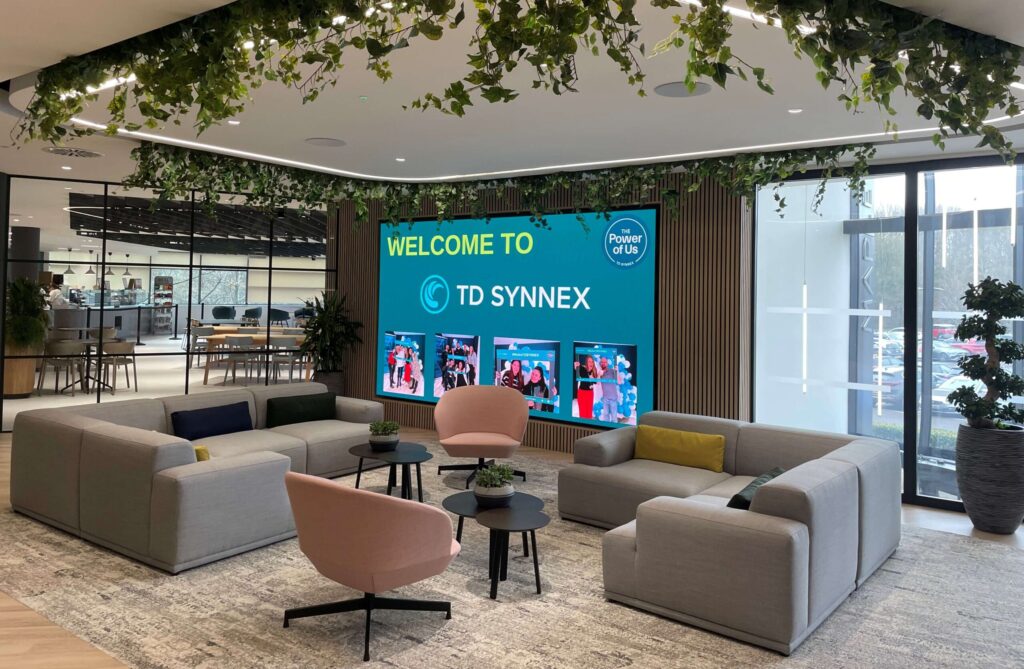
Exertis’ potential sale could be seen as the latest in a succession of broadliner ownership changes kicked off by Ingram’s sale to HNA in 2016, Watts said.
“It feels like it’s an ongoing story, because there’s some frequency to it, and some notability to it because of the size of the players involved.
“The question then, is why? And I’ve got two views on that.
“One is that when you look at industries as they mature, you get a lot of consolidation, and IT is still a youngish industry compared to a lot of others.
“The other is economics. In the very complex world of IT, distributors need to add a lot of value, and that’s very difficult to do only with endpoint products. So actually, you need either to be experts, or more broad. Our model is to do both, and I think there’s a growing movement to more of that model.”
“There’s an extent to which we’re going to compete with AWS Marketplace”
According to Canalys, AWS Marketplace is creating another rupture in the global distribution landscape by rapidly becoming one of TD Synnex’s largest global competitors (at least when it comes to the distribution of enterprise software).
Traditional distributors find themselves in the strange position of competing with AWS Marketplace, while also trying to find ways of helping their resellers do business through it, however.
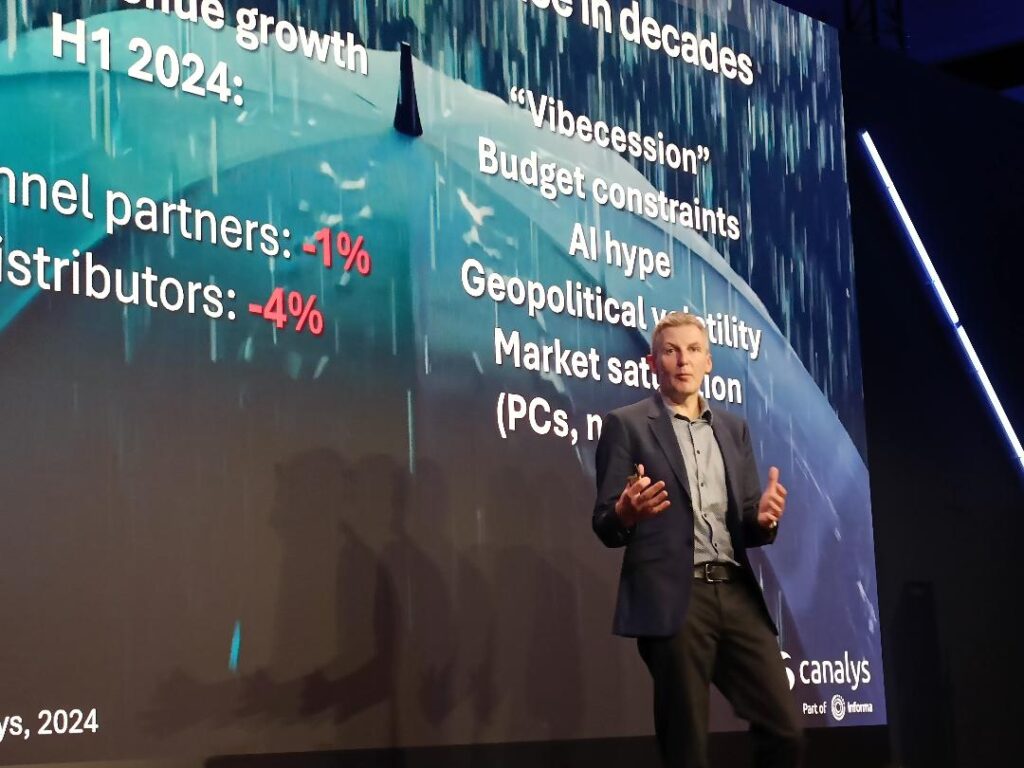
“Undoubtedly there are reasons for us to work together,” Watts said.
“I think everyone’s working out the extent to which we do that in this new world, and there’s also going to be an extent to which we’re probably going to compete.”
AWS Marketplace is “doing something very different” from TD Synnex’s own StreamOne marketplace, Watts argued, however.
“We will educate, train and support you, and help you install and provide technical advice. At the end of it, we want you to be able to trade on our marketplace, with all the consumption, billing and management, on behalf of the end user.
“Whereas AWS is much more of a trading platform. It’s a very successful trading platform, but it kind of starts and stops with that.”
“We’re pretty clear on D&I and sustainability”
Asked about his big bets for 2025, Watts said his main priority is to reduce the costs of TD Synnex’s SMB reseller customers by providing them with “great tool sets”.
This includes helping them determine where their customers are in their cloud journeys.
“We have great technical teams that can support with that and transformation programmes to help them change their position with their customers in the cloud – and we have great billing platforms for that,” he said.

But TD Synnex is also determined to buck the wider trend by doubling down on its DEI and sustainability investments next year, Watts stressed.
“I think some companies find that more difficult to invest in during the downturn, but that’s not the case for us,” he said.
“Some of that stuff’s gone a bit quieter, but it’s got quieter because it’s got more complicated. You’ve done the low-hanging fruit of your Scope 1 and 2, and then everything else is more complicated and slower.
“That’s maybe testing some organisations, but we’re pretty clear that we’re going to be driving those initiatives forward.
“I think there’s a natural movement in society happening around the world. I sense some fatigue and frustration that results aren’t following fast enough to reward that effort.
“But we can only control what we control, and we are 100% committed to it.”
Doug Woodburn is editor of IT Channel Oxygen





